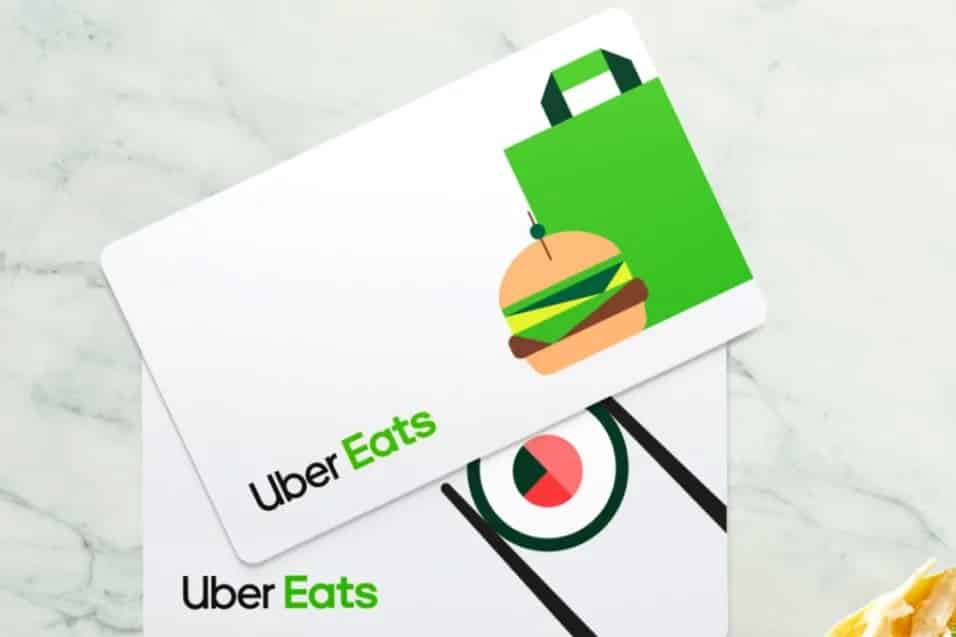
Laws involving coupons and sales tax can be complicated. Depending on where you live, you may owe tax on your total before or after using manufacturer’s coupons. But laws involving sales tax and store coupons are simple – if you use a store coupon, you owe less tax.
Except when you don’t. Then you can sue.
That’s what a New York woman is doing, after she claimed she was routinely overcharged when using coupons issued by Uber Eats, the online food ordering and delivery platform owned by the ride-sharing company Uber.
Anita Washington of the Bronx, New York, has filed a federal lawsuit against Uber Eats. She accuses the company of unlawfully and erroneously collecting sales tax on the full price of food ordered through the service, even after using an Uber Eats-issued coupon.
“There are two main types of coupons – manufacturers’ coupons and store-issued coupons,” the lawsuit explains. “While both reduce the amount the purchaser pays, they affect the amount subject to sales tax differently.”
In New York and in most other states, a customer who uses a manufacturer’s coupon pays sales tax on the full price of the item. Since the store is getting paid up front by the customer, and getting reimbursed later by the manufacturer for the value of the coupon, the total price is considered the selling price and is therefore subject to sales tax.
But a store-issued coupon is treated like a sale price. The store is getting paid less for the product, and isn’t getting reimbursed by anyone else for the value of the coupon, so the discounted post-coupon price is considered the selling price – and that’s the amount that’s subject to sales tax.
The lawsuit describes a theoretical $30 food purchase, on which a $20 Uber Eats coupon is used. After adding service and delivery fees, and subtracting the value of the coupon, a customer should owe $1.26 in tax. But Washington says Uber Eats calculates the sales tax as $2.42, nearly twice as much.
“Reasonable users of Uber Eats would not expect they would be paying higher than required, unlawful, and erroneous amounts of sales tax,” the lawsuit states.
The lawsuit doesn’t specify what exactly Uber Eats is doing with the extra cash – whether it’s handing it all over to the state, or handing over only what it’s required to collect and pocketing the difference. But it claims that Uber Eats “benefits from these small charges” – with some 66 million customers, and frequent promotions, a few cents here and a few dollars there adds up.
Washington said she’s been a longtime Uber Eats customer, and ordered even more during the coronavirus pandemic, “because it was convenient and offered her promotions, and she expected that she was paying the correct amount of sales tax as part of her transactions.” But she says Uber Eats violated her trust. “This level of trust is critical when it comes to having strangers bring food to your home,” the lawsuit reads. “Unfortunately, this trust allows Defendant to overcharge customers, who would not even know how to discover or dispute this practice.”
Washington is seeking class action status for the lawsuit, on behalf of herself and all other New York residents who may have been similarly overcharged.
In the meantime, Washington says she “is now reluctant to use any similar services, because she does not want to be taken advantage of.” So while this case makes its way through the courts, she’ll have to get her to-go orders herself – while keeping a very close eye on her receipt, just in case.
Image source: Uber











Another BS lawsuit. I’m fairly sure that Uber Eats is “eating” the discount here, so the full price of the meal should be taxable.